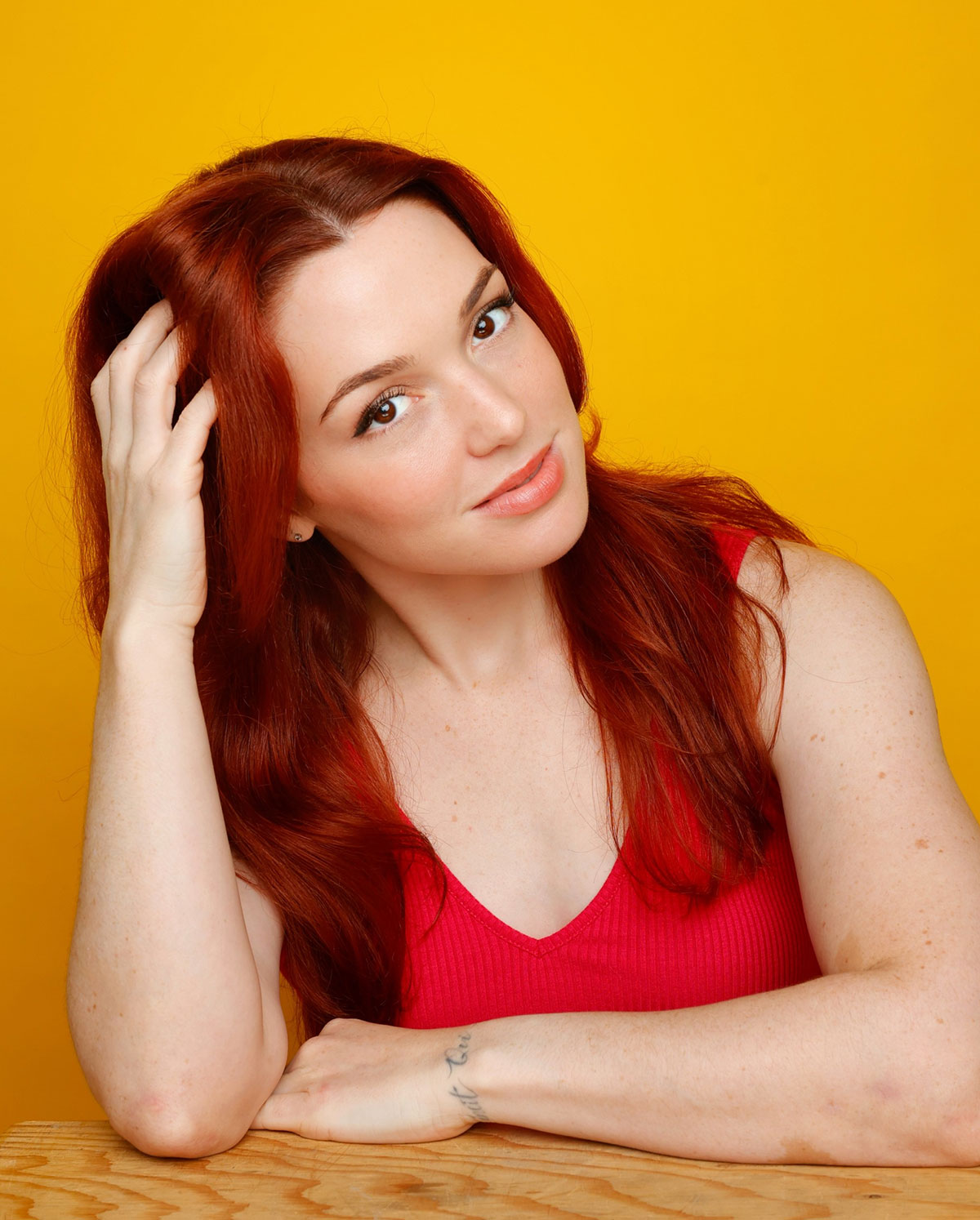Actress and ER nurse Jennifer Stone shares how small acts of care, teamwork, and personal routines help nurses stay grounded and effective.
Can you share a moment from your career that reminded you why you chose nursing?
I had a doctor once tell me, “If you can really touch one person a shift, it’s been very successful, and that’s a good shift.” As a nurse, you’re always rushing around; it’s very fast-paced, especially in the ER, so it’s about the moments of stillness with somebody who just needs comfort or somebody to care for them. Whether it’s an older person who doesn’t have anybody and just wants to talk, or if it’s somebody who’s really scared, you can just try to make time, stop a little, and be like, “Hey, you’re okay. You’re in the best possible place, and we’ve got you.” It’s those moments of being a sense of certainty for someone in a time of uncertainty that remind me why I do what I do.
What’s one piece of technology or equipment that’s made your work as a nurse more efficient or effective?
That’s a great question. A great piece of technology that has made nursing more effective is, I hate to say, the PureWick. We have a lot of non-ambulatory patients, so the PureWick, a condom catheter, helps patients stay more comfortable without using something like a bedpan, which can feel kind of demeaning or uncomfortable or cause bedsores. Also, things like ultrasound machines for hard-stick IVs. Those are game changers. Also, updated charting systems. Having good shorthand to be able to chart efficiently and get back to one-on-one patient care is great.
Has there been a time when strong communication, with either a patient or teammate, made a big difference in your day?
I didn’t anticipate that there would be so many parallels between acting and nursing, but one of my favorite things about both is the collaboration.

Whenever I have a nurse that’s in my team — whether they jump in when I’m stuck in another room with a patient or I do the same for them — it’s that shorthand of seeing that a nurse has a need and collaborating. We’re all on the same team. We’re all trying to accomplish the same thing — better patient outcomes. When I have a nurse who, without me even asking, will jump in and help me with the patient, that makes me feel like we’re all collaborating on this together for a common goal. That’s something that just means the world to me — when nurses will help each other out.
What advice would you give to a nurse who’s feeling overwhelmed or underappreciated right now?
Focus on what you can control. I’ll be very honest. For me, I know sometimes, especially in the earlier years, I would get very angry at things that were very out of my control. Whether it was issues with the healthcare system, or the way the system was set up and falling short, I would find myself getting very angry and discouraged. What’s helped me is to focus on the things that I can control. Yes, they may be on a smaller scale, but I can control how I respond to negativity at work or positivity at work. I can control how I talk to patients. I can control what I let in and what I don’t. Especially in an ER environment, or any healthcare bedside environment, there can be a lot of negativity, unfortunately, and it’s within your control what you let in.
I’ll be honest: Some days I win, and some days I lose and allow things in, for sure. There are shifts I ended where I was like, “Alright, this shift beat me.” But I try to make it so I am in control of how I respond to the healthcare industry, and to know that it’s all a choice. Although some days it’s harder than others.
What daily habits or small routines help you stay grounded and feel good during long or stressful shifts?
Getting outside, to be honest. Time stands still when you’re on a 12-hour shift, so I carve out time if I can — and not every shift allows for it — but when I can, I carve out time to just get outside, get some vitamin D, and look at some nature. It’s something to remind you that the entire world isn’t those fluorescent lights. It’s just sort of reconnecting with life outside of the hospital.


